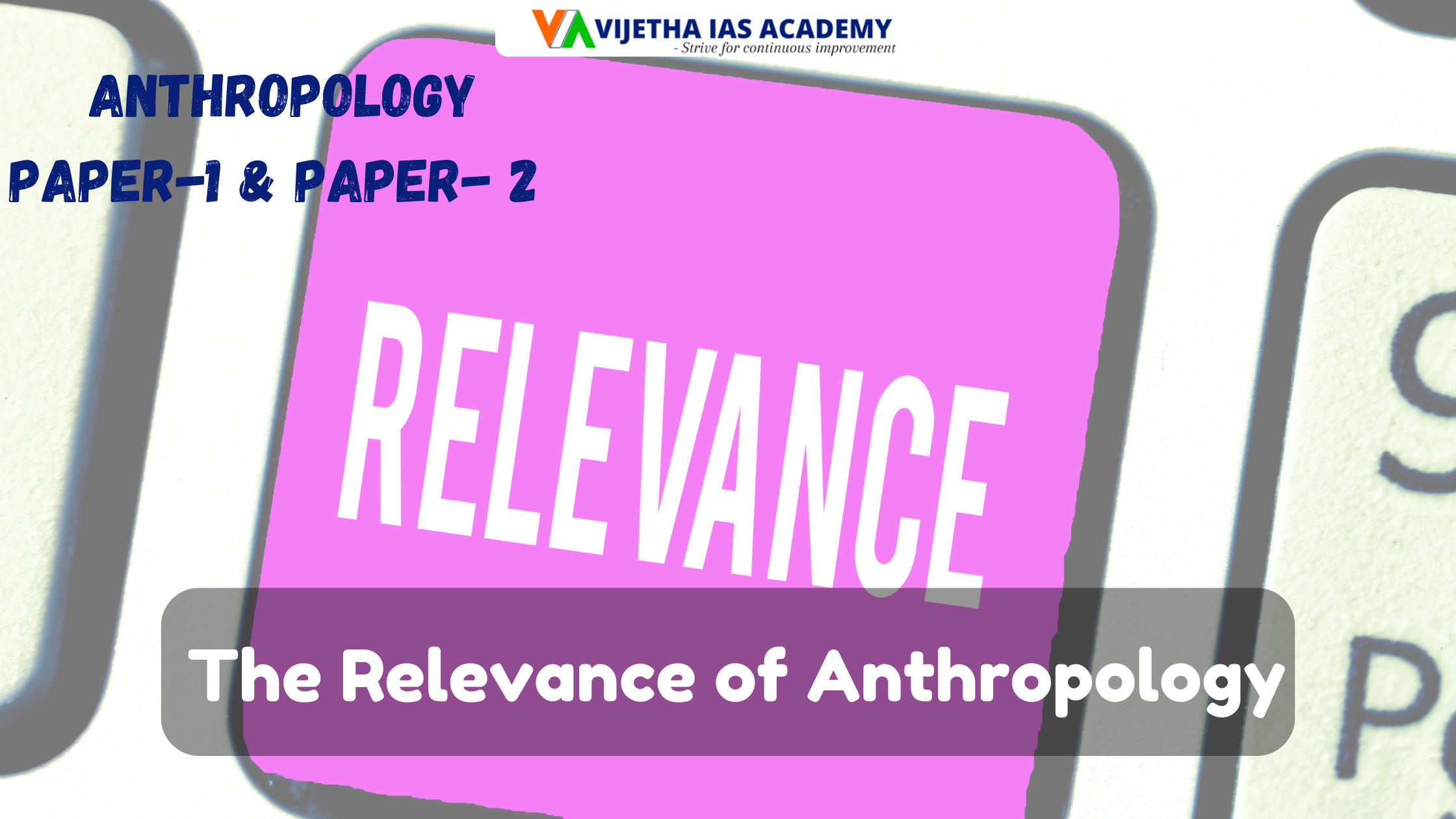
Introduction
Anthropology, the holistic study of humans, their ancestors, and related species, delves into the biological, cultural, linguistic, and archaeological aspects of human existence. In a rapidly globalizing world, the relevance of Anthropology is increasingly recognized, not just within academic circles but also in practical applications across various sectors.
Main Body:
-
Understanding Human Diversity:
- Anthropology provides a deep understanding of human diversity, emphasizing how culture, language, and environment shape societies. This knowledge is crucial in promoting cultural sensitivity and tolerance in a multicultural world, helping to bridge gaps between different communities.
-
Application in Policy Formulation:
- Insights from Anthropology contribute significantly to policy-making, particularly in areas like public health, education, and social welfare. For instance, understanding indigenous practices can lead to more effective health interventions and educational programs tailored to specific communities.
-
Addressing Social Issues:
- Anthropological studies are vital in addressing social issues such as gender inequality, racial discrimination, and human rights violations. By exploring the root causes and historical contexts of these issues, Anthropology provides a framework for developing sustainable solutions.
-
Contribution to Development Projects:
- Anthropology plays a critical role in development projects, especially those involving indigenous and marginalized communities. By involving anthropologists in the planning and implementation stages, projects can be designed to be culturally appropriate and more likely to succeed.
-
Impact on Global Challenges:
- As the world faces challenges like climate change, migration, and pandemics, Anthropology offers valuable perspectives on how different societies adapt to these changes. It also helps in understanding the long-term impacts of such challenges on human populations.
-
Interdisciplinary Relevance:
- Anthropology intersects with various disciplines, including sociology, psychology, and environmental science. This interdisciplinary approach enriches the understanding of complex human phenomena, making Anthropology relevant to a wide range of academic and professional fields.
Conclusion:
The relevance of Anthropology lies in its comprehensive approach to understanding humanity. In a world characterized by rapid change and increasing interconnectivity, Anthropology provides the tools to navigate cultural complexities, inform policy, and address global challenges. As such, it remains a vital discipline not only in academia but also in practical applications that affect society at large.

